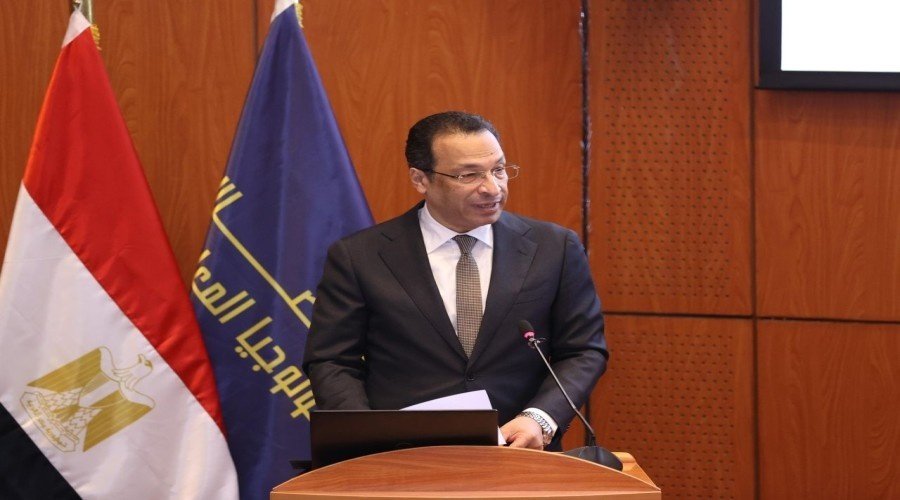The Middle East’s digital infrastructure is undergoing a monumental expansion, with its data center capacity projected to triple from 1 gigawatt (GW) to 3.3GW within the next five years. This surge is spearheaded by ambitious national strategies in the UAE and Saudi Arabia, driven by the voracious computational demands of artificial intelligence and a rapidly digitising economy. Leading the charge are regional giants like the UAE’s Khazna and Saudi Arabia’s Humain, who are making massive investments to establish the Gulf as a global hub for data processing and cloud computing.
The Regional Power Players
The UAE and Saudi Arabia are the clear frontrunners in the region’s data center race. The UAE currently hosts the highest number of facilities in the Gulf with 57 centers, predominantly located in Abu Dhabi and Dubai. Closely following, Saudi Arabia has 51 operational data centers. This infrastructure forms the backbone of the region’s digital transformation.
The largest single provider in the GCC is Khazna, majority-owned by Emirati technology holding company G42, which accounts for nearly three-quarters of the UAE’s total capacity. With 24 operational data centers, Khazna is further expanding its footprint with new facilities under construction in the UAE, Saudi Arabia, and Turkey.
AI as the Driving Force
The exponential growth in data center capacity is intrinsically linked to the region’s soaring AI ambitions. Data centers provide the immense storage and processing power required to train and deploy sophisticated AI models. It is estimated that approximately 20% of global data center capacity is already dedicated to AI-related workloads. As Gulf nations continue to invest heavily in becoming AI leaders, the demand for high-performance computing facilities, particularly those equipped with advanced GPUs, is expected to grow exponentially. Companies like Saudi’s Humain are tapping into this demand, with plans to add an additional 1.9GW of capacity by 2030, much of it geared towards AI.
Hyperscale Ambitions and Strategic Partnerships
To meet this demand, the region is seeing a significant rise in hyperscale data centers—massive facilities often built for a single, large-scale client like a major cloud provider or tech giant. These projects are fueled by strategic international partnerships. G42 is collaborating with a consortium of tech leaders including OpenAI, Oracle, Nvidia, Cisco, and SoftBank on the “Stargate” project, a potential 5GW data center cluster that would be one of the largest in the world.
Similarly, Humain is working directly with Nvidia to develop high-compute “AI factories” in Saudi Arabia. The Kingdom’s Public Investment Fund (PIF) has also partnered with US-based asset manager DigitalBridge Group to accelerate data center development across the GCC.
Global Tech Giants Enter the Fray
The Gulf’s strategic importance has not gone unnoticed by global technology firms from both East and West. Chinese tech companies are increasingly active in supplying AI and cloud infrastructure to the region. Alibaba has announced plans to build a data center in the Middle East as early as 2026, while Huawei is actively marketing its chips, with Saudi Arabia signalling openness to a deal.
These players are joining established US tech giants like Alphabet, Amazon, and Microsoft, who already operate significant data center capacity in the region to power their cloud services, creating a competitive and dynamic ecosystem for digital infrastructure.
About Khazna
Khazna is the largest data center provider in the Gulf Cooperation Council (GCC), designing, building, and operating a network of wholesale data centers across the Middle East. A majority-owned subsidiary of Abu Dhabi’s G42, Khazna offers secure and reliable infrastructure for enterprises, cloud providers, and government entities, playing a critical role in the region’s digital transformation and AI development efforts.
Source: AGBI














